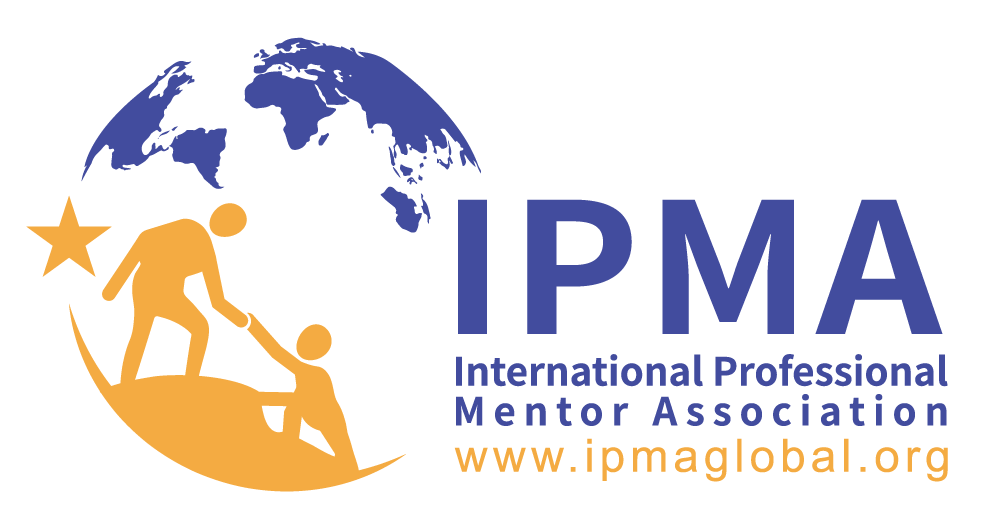Why K-12 School Needs Accreditation?

1. Improve Student Guidance & Support
IPMA certification ensures that K-12 school mentors are equipped to provide high-quality guidance and support to students, promoting their overall development and well-being.
2. Enhance Teacher Professionalism & Development
IPMA certification promotes the professional development of teachers, enabling them to provide more effective and innovative teaching methods.
3. Align with Educational Standards & Policies
IPMA certification demonstrates compliance with local and international educational standards and policies, ensuring the school meets the necessary requirements for quality education.
4. Enhance Parental Trust & Involvement
Certification builds trust between schools and parents, fostering a collaborative approach to student education and development.
5. Promote International Exchange & Cultural Awareness
Certified mentors can facilitate international exchanges and cultural awareness programs, broadening students' horizons and preparing them for a globalized world.
6. Improve Student Outcomes & Future Prospects
By investing in mentor certification, K-12 schools can improve student outcomes, increasing their chances of success in future educational and career endeavors.

Would like to get accreditaion personally to enhance your career as a Educater?
K-12 School Mentoring Program Guide

Define Program Goals and Objectives
- Identify Needs: Assess the specific needs of your student population, such as academic support, social skills development, or college readiness.
- Set Clear Goals: Establish measurable objectives that align with your school's mission and vision, such as improving reading scores, increasing graduation rates, or promoting positive mental health.
Select and Train Mentors
- Mentor Recruitment: Identify potential mentors within the school community, including teachers, staff, older students, and community volunteers.
- Training and Preparation: Provide comprehensive training on mentoring techniques, child development, confidentiality, and crisis intervention.
Match Mentors with Mentees
- Matching Process: Develop a thoughtful matching process that considers factors such as age, grade level, interests, and the specific needs of the mentee.
- Set Expectations: Clearly communicate the roles and responsibilities of mentors and mentees, and establish guidelines for regular meetings and communication.
Design the Mentoring Program Structure
- Program Format: Decide on the format of the mentoring relationship, such as one-on-one mentoring, group mentoring, or peer mentoring.
- Activity Planning: Develop a calendar of activities and discussions that align with the program's goals, such as academic tutoring, career exploration, or social skills workshops.
Provide Resources and Support
- Materials and Tools: Equip mentors with the necessary resources, such as lesson plans, activity guides, and mentoring manuals.
- Ongoing Support: Offer ongoing support and supervision for mentors, including regular check-ins, professional development opportunities, and access to a mentor coordinator.
Monitor and Evaluate Progress
- Data Collection: Implement a system for tracking the progress of mentor-mentee relationships, such as through surveys, checklists, or progress reports.
- Assessment and Feedback: Regularly assess the effectiveness of the program and solicit feedback from mentors, mentees, and other stakeholders to make necessary adjustments.
Promote a Positive Mentoring Culture
- Recognition and Celebration: Recognize and celebrate the achievements of mentors and mentees through awards, certificates, or public acknowledgment.
- Parental Involvement: Engage parents and families in the mentoring program by sharing program updates, involving them in events, and seeking their feedback.
Ensure Safety and Confidentiality
- Safety Protocols: Establish clear safety protocols and guidelines for mentors and mentees, including reporting procedures for any concerns or issues.
- Confidentiality Agreements: Ensure that all mentors understand and adhere to confidentiality agreements to protect the privacy of mentees.
Foster Continuity and Sustainability
- Long-Term Planning: Develop a long-term plan for sustaining the mentoring program, including strategies for funding, staffing, and mentor recruitment.
- Alumni Involvement: Encourage former mentees to become mentors or volunteers, creating a continuous cycle of support and mentorship within the school community.
Adapt and Innovate
- Stay Informed: Keep abreast of best practices and emerging trends in K-12 mentoring.
- Flexible Programming: Be prepared to adapt the program based on feedback, changing student needs, and new research.
Accreditation Standards
There are quite a few benefits for organizations to get accredited in Professional Mentoring:
 No Coding
No Coding
We already did all the work for you – just sit back & customize away!
 No Coding
No Coding
We already did all the work for you – just sit back & customize away!
 Customization
Customization
Designed to let you alter any aspect of your site with complete ease
 Responsive
Responsive
Your new website is sure to look remarkable on all devices & screens
 Responsive
Responsive
Your new website is sure to look remarkable on all devices & screens
 Elements
Elements
Comes with 50 carefully developed, diverse & flexible custom shortcodes
 Responsive
Responsive
Your new website is sure to look remarkable on all devices & screens
 Responsive
Responsive
Your new website is sure to look remarkable on all devices & screens
 Elements
Elements
Comes with 50 carefully developed, diverse & flexible custom shortcodes
FAQs
What age-appropriate mentoring practices does IPMAglobal recommend for K-12 schools seeking accreditation?
Lorem ipsum dolor sit amet, consectetur adipiscing elit, sed do eiusmod tempor incididunt ut labore et dolore magna aliqua. Ut enim ad minim veniam, quis nostrud exercitation ullamco laboris nisi ut aliquip eam.
How does IPMAglobal's accreditation process ensure that K-12 mentoring programs align with educational standards and objectives?
Lorem ipsum dolor sit amet, consectetur adipiscing elit, sed do eiusmod tempor incididunt ut labore et dolore magna aliqua. Ut enim ad minim veniam, quis nostrud exercitation ullamco laboris nisi ut aliquip eam.
Can K-12 schools with limited resources still apply for and achieve IPMAglobal accreditation?
Lorem ipsum dolor sit amet, consectetur adipiscing elit, sed do eiusmod tempor incididunt ut labore et dolore magna aliqua. Ut enim ad minim veniam, quis nostrud exercitation ullamco laboris nisi ut aliquip eam.
What kind of training or professional development opportunities does IPMAglobal offer to mentors in K-12 accredited schools?
Lorem ipsum dolor sit amet, consectetur adipiscing elit, sed do eiusmod tempor incididunt ut labore et dolore magna aliqua. Ut enim ad minim veniam, quis nostrud exercitation ullamco laboris nisi ut aliquip eam.
